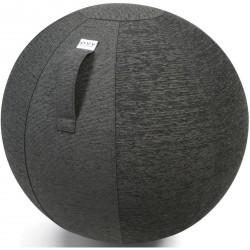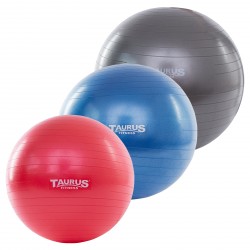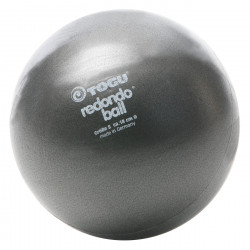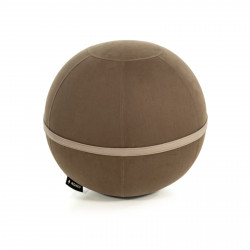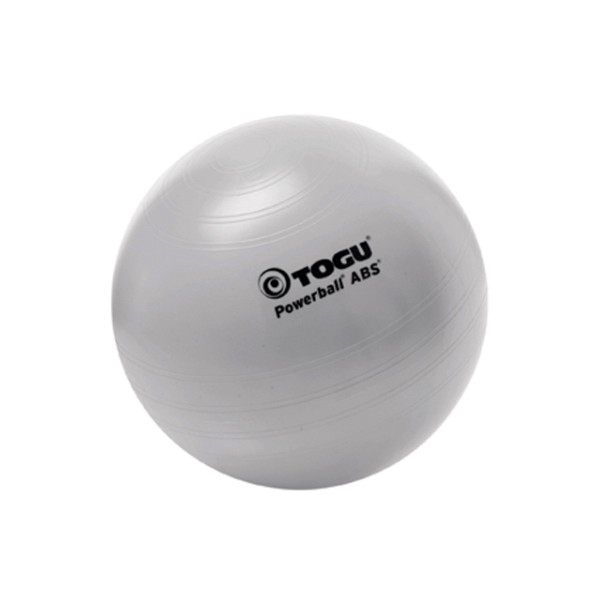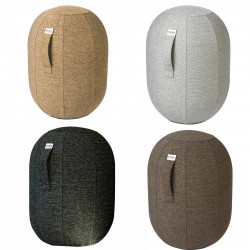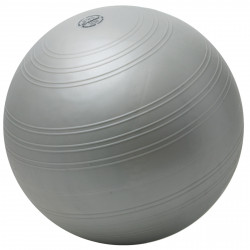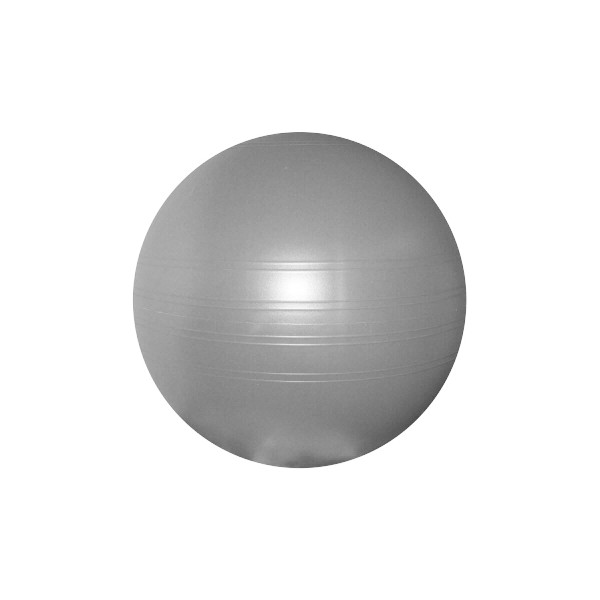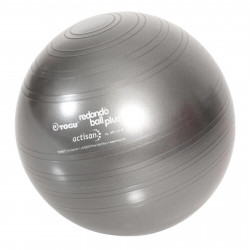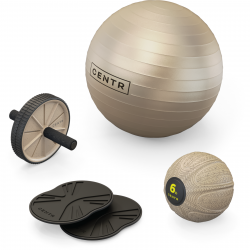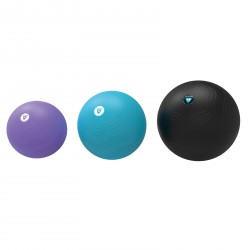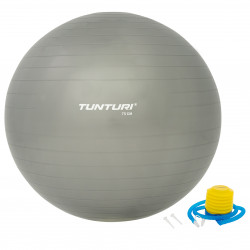Filter
Buy Gymnastics balls at Europe's No. 1 for home fitness
-
from 119,90 €
-
from 14,90 €
-
RRP from 11,00 €from 9,90 €
-
99,00 €
-
from 29,90 €
-
from 149,90 €
-
79,90 €
-
from 33,90 €
-
21,90 €
-
69,95 €
-
Before from 10,90 €from 7,90 €You save 27%at the 30-day best price from 10,90 €
-
Before from 29,95 €from 13,99 €You save 53%at the 30-day best price from 29,95 €
Fitshop puts each fitness equipment through its paces. Then our team of sports scientists, serious athletes, and service technicians of many years of experience evaluate the products of different categories.
Compare easily the products using the Fitshop expert review and find your appropriate equipment.
Gymnastics balls have several possibilities of use, i.e., prevention and therapy, for fitness training and as sitting ball. Several descriptions like gymball, fitball, hop ball, physio ball, pilates ball or just sitting ball prove its versatility. The gymnastics ball or sitting ball activates the body, improves circulation, exercises muscles, condition and coordination at the same time. Please mind choosing a ball of strong absorption for using it as sitting ball. A sitting ball must not bob permanently.
The proper size for your gymnastics ball/sitting ball:
The size is important for choosing a sitting balls. The thigh should be bent upwards about 10 to 20 degrees with a sitting ball of the right size, so that the gluteal muscles are a bit higher than the knee joint and the pelvis can be adjusted to the horizontal. Leg length, body weight, and ball features play an important role for choosing. Persons with longer legs and higher weight should choose a bit bigger ball. The so called ABS or Antiburst balls consider an additional aspect of safety. These balls only lose slowly air for a superficial damage.
The proper size for your gymnastics ball/sitting ball:
| height | ball diameter | height | ball diameter |
| up to 152 cm | 45 cm | up to 178 cm | 65 cm |
| up to 168 cm | 55 cm | over 178 cm | 75 cm |
The size is important for choosing a sitting balls. The thigh should be bent upwards about 10 to 20 degrees with a sitting ball of the right size, so that the gluteal muscles are a bit higher than the knee joint and the pelvis can be adjusted to the horizontal. Leg length, body weight, and ball features play an important role for choosing. Persons with longer legs and higher weight should choose a bit bigger ball. The so called ABS or Antiburst balls consider an additional aspect of safety. These balls only lose slowly air for a superficial damage.


